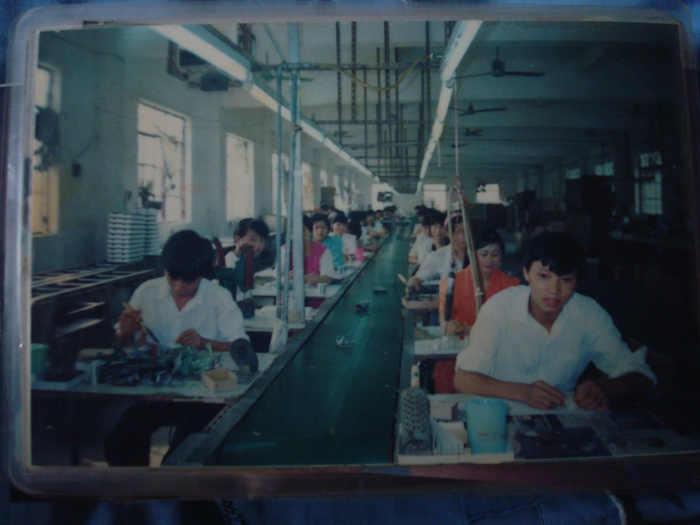- Project Leader : Sato Wakana (Niigata University of International and Information Studies, Faculty of International Studies)
- Collaborators : Hayami Yoko (Kyoto University, Center for Southeast Asian Studies)
- : Mei-Ling Chien (National Chiao Tung University, College of Hakka Studies, Department of Humanities and Social Sciences)
- : Kojima Takahiro (Tsuda University, College of Liberal Arts)
Outline of Research
The purpose of this collaborative project is to clarify the influence of the post-20th-century political and economic transformations in China, Thailand, and Myanmar on the migration of women who belong to ethnic-minority or hill-tribe groups. It will focus on gender and intergenerational relationships. Professor Mei-Ling Chien, of the Department of Humanities and Social Sciences, National Chiao Tung University in Taiwan, will join us on this research project for half a year, from August 2019 to January 2020. The results of this research will include: six joint study meetings (four of which will be open to the public), a monograph published by Professor Chien, and research articles submitted to Southeast Asian Studies or Taiwan Journal of Anthropology by the researchers of the collaborative project.
Description
The purpose of this research is to clarify the features of migration by women from ethnic-minority or hill-tribe groups, based on post-20thcentury changes of government and the penetration of the market economy in China, Thailand, and Myanmar. Additionally, we will examine the influence of migration on the roles of men and women and on intergenerational relationships in sending societies, by focusing on the influences exerted on the daily lives of women and their prestige as expressed in ritual.
Specifically, we will compare large- and small-scale migration in China, Thailand, and Myanmar caused by post-20th-century policies aimed at restricting birth control and entry into the labor force, the effects of war, migration due to food shortage, and migration due to economic disparity. We will then clarify the impacts on villages and kinship, on women’s status and role in the family, and on the formation of social relationships using data accumulated from multiple migrations with different characteristics, taking into consideration the relevant time period and background.
The comparative studies of China and Southeast Asia are significant because the methodology for research concerning women may differ depending on the political and economic background of each region, as well as the migration-related practices of each ethnic group or region. In mainland China, for example, the socialist policies of the Mao Zedong to Post-Mao periods were a major research constraint, and women-focused studies began to increase only after the 1990s. In recent years, it has been necessary to refer to research methods from other areas in order to clarify the series of influences exerted on women by the transformations that occurred during the data-scarce Mao period to the rapid-growth post-Mao period. We are aware that this research may encounter similar issues.
In addition to her research on the Miao/Hmub women in Southwestern China, one of our research members, Professor Mei-Ling Chien, also has research experience with the Hakka Chinese in Malaysia. Furthermore, she intends to publish a single-author book related to this research project.


